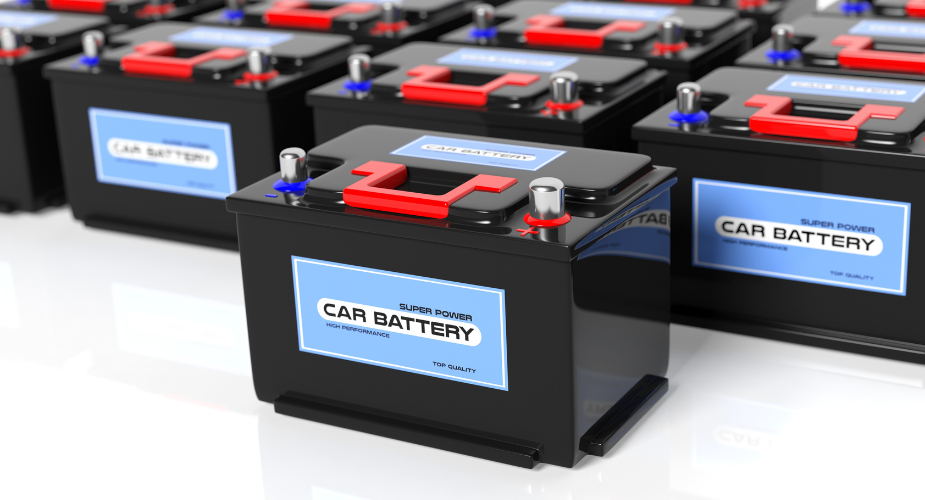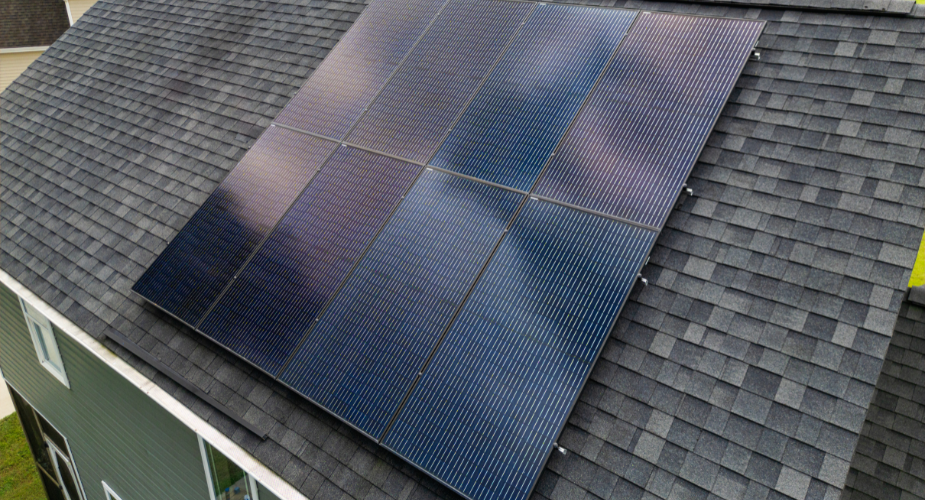When it comes to understanding energy use, knowing the basics of power units is essential. Watts (W) and kilowatts (kW) are two of the most common units used to measure electrical power. Having a clear grasp of what they mean can make a big difference when designing, installing, or maintaining a solar setup. One of the most important skills in this space is knowing how to convert kW to W. Mastering this simple conversion will give you greater confidence when navigating the world of solar energy and help you make smarter decisions about your energy needs.

How to Convert w to kW and Vice Versa
Understanding Watts and Kilowatts
Before diving into conversions, it's important to understand what watts and kilowatts actually represent. Check this out before we learn how to convert W to kW or vice versa.
A watt (W) is the basic unit of power in the International System of Units (SI). It measures the rate at which energy is used or produced. In simple terms, when you see the watt rating on an appliance, it tells you how much energy that device uses every second it’s operating. For example, a 60-watt light bulb consumes 60 watts of electrical power while it’s switched on.
A kilowatt (kW) is simply a larger unit of power. One kilowatt is equal to 1,000 watts. The relationship is straightforward, but vital to remember when you're calculating energy needs or sizing solar systems. For instance, a solar panel system rated at 5 kW is capable of producing 5,000 watts of power under ideal conditions.
The word "kilo" comes from the metric system and means "one thousand". It’s the same prefix used across many measurements, like a kilometer (1,000 meters) or a kilogram (1,000 grams). Understanding that "kilo" always signifies "1,000" makes it much easier to grasp the concept of kilowatts and perform quick, accurate conversions to watts.
kW to W Conversion
Converting kilowatts to watts is a simple and straightforward process once you know the basic formula. To convert, you simply multiply the number of kilowatts by 1,000.
The basic conversion formula is: 1 kW = 1,000 W
This means that for every 1 kilowatt, there are 1,000 watts. Using this formula, you can easily work out the wattage for any given number of kilowatts.
Here are a couple of practical examples to help you see how it works:
- 2 kW = 2 × 1,000 = 2,000 W
- 0.5 kW = 0.5 × 1,000 = 500 W
Watts in Solar Power
Understanding watts and kilowatts is especially important when it comes to solar power systems. Whether you're setting up a small off-grid solution or a larger home installation, knowing how to read and convert power ratings is essential for sizing your solar panels and ensuring your system can meet your energy needs.
In a solar system, panel output, inverter capacity, and battery storage are all measured in watts or kilowatts. If you don't have a clear understanding of these units, you could end up with a system that falls short of what you require, or pay for a system that's oversized and more expensive than necessary.
Accurate conversions between kilowatts and watts play a crucial role when calculating energy consumption and system capacities. For instance, let’s take a look at the Nature's Generator 400W Folding Solar Panel. This panel is rated at 400 watts, meaning under ideal conditions, it can produce 400 watts of power per hour of full sunlight.
If you want to know how many kilowatts this panel produces, you simply convert watts to kilowatts by dividing by 1,000:
400 W ÷ 1,000 = 0.4 kW
Suppose you expect about 5 hours of peak sunlight per day. You can estimate daily energy production like this:
0.4 kW × 5 hours = 2 kWh per day
This means the Nature’s Generator 400W Solar Panel can generate approximately 2 kilowatt-hours of electricity each day under good conditions. Knowing how to convert kW to W helps you plan whether one panel is enough for your needs or if you’ll need to combine multiple panels to cover your household or camping power requirements.
Conclusion
Understanding how to convert kW to W is a fundamental skill for anyone working with solar energy systems. By mastering the simple formula and recognizing the role of power units, you can accurately plan and size your solar setup to match your energy needs. Whether you’re calculating system output or energy consumption, it ensures you make informed decisions. Explore a range of solar products like Nature's Generator 400W Folding Solar Panel, designed to help you get the most from your energy investment, and feel confident navigating your solar journey.













